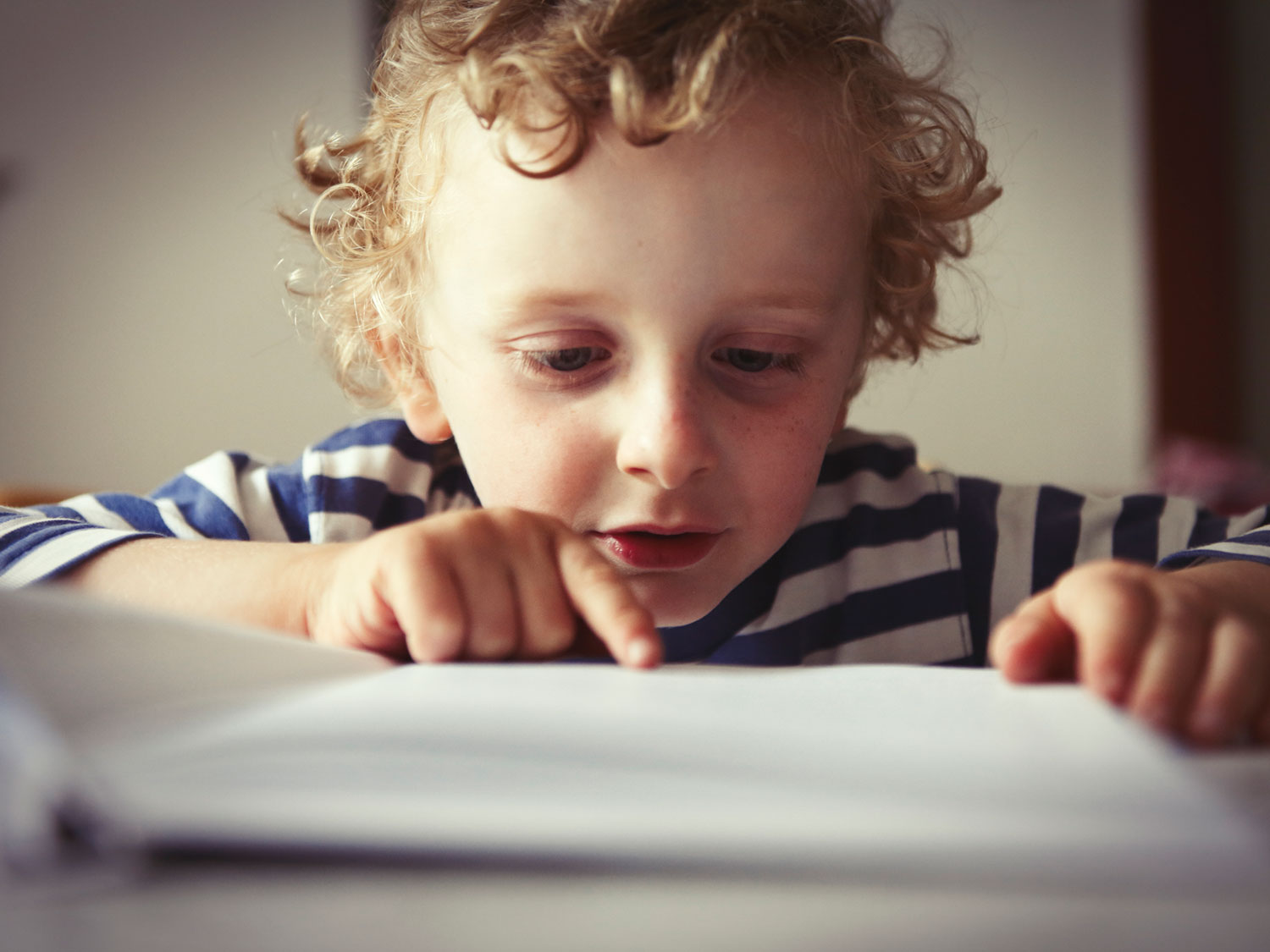"Mommy, mommy, I can read this book. Listen to me!"
It's music to a parent's ears. As our little one picks up a book we've read aloud 249 times this year and begins to "read" Chicka Chicka Boom Boom by Bill Martin Jr. while her eyes stay laser-focused on you, we realize that our little darling has memorized the words.
It's a common phase and a sign that our kids are ready to take the next step on their reading journey.
First, I like to make a big deal out of it. Name what you see your kids doing ("That's so great that you can read to mommy!") and point out that smart readers exhibit those same behaviors.
If a child has memorized the words and can "read" them back to you, that means your read-aloud routine is paying off, and your child is soaking in lots of rich language. Keep it up! These preschool books will help you find some more read-alouds to enjoy.
Now, here are a few next steps to keep your child's interest in reading at an all-time high:
1. Teach the Concept of a Word
Help your preschooler learn that each spoken word can be matched to a printed word. We also want our little ones to notice that each word is separate, and words are separated by spaces.
One of the easiest ways to do this is to take a line from a memorized book and write it nice and big on a piece of paper. Underneath each word color a dot or place a sticker. Now, model how to point to each dot as you say one word at a time. Have your child point to each dot as they "read" the memorized text. Here's an example from Chicka Chicka Boom Boom:






